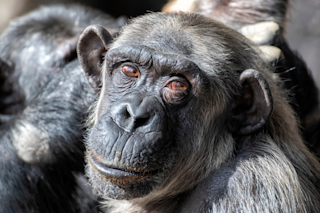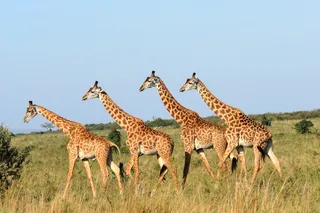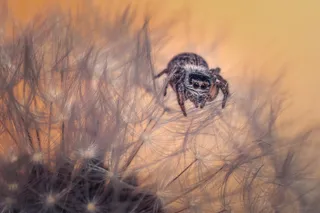More than 55 million people currently live with dementia worldwide, according to the World Health Organization. But do non-human animals experience this loss of cognitive function as well? That’s a tricky question.
Wild animals probably don’t develop dementia — at least not for very long. “At the first sign of cognitive problems, the animal would no longer be able to survive,” explains bioenterologist Steven Austad, co-director of the Nathan Shock Center for the Biology of Aging at the University of Alabama at Birmingham. “If an animal couldn’t remember where to hunt or remember to run from a predator, it would probably have a very short life.”
Even for wild animals kept in zoos, research facilities and sanctuaries, which are cared for and therefore tend to live longer, there’s little evidence to indicate that they develop dementia. But that doesn’t mean animals never develop the neurological changes associated with dementia. In ...















